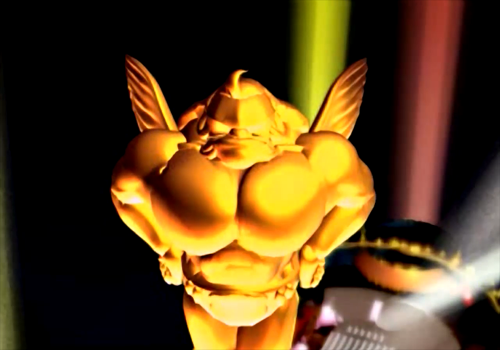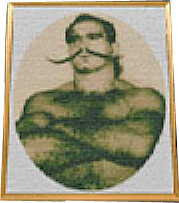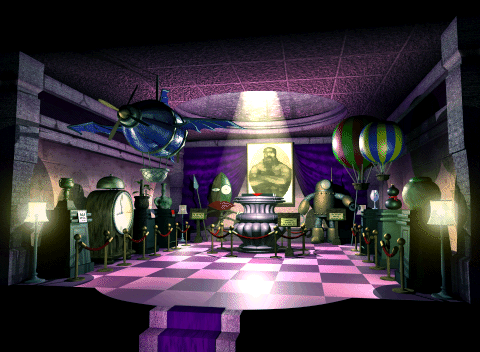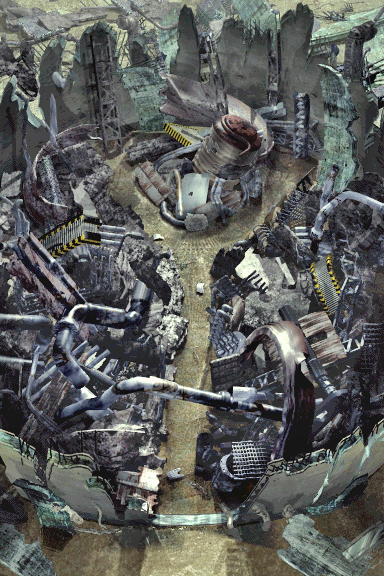- Joined
- Jun 26, 2008
- Messages
- 9,415
- Location
- Νεφελοκοκκυγία
- Gil
- 3,771
- FFXIV
- Polyphemos Bromios
- FFXIV Server
- Moogle
- Free Company
- KupoCon
This is something I've only recently noticed and I've never seen anyone discuss it before.
At the Gold Saucer in the Speed Square (the trippy, shooty roller-coaster ride), there are Greek alphabetic letters visible on what I presume is the leaderboard.
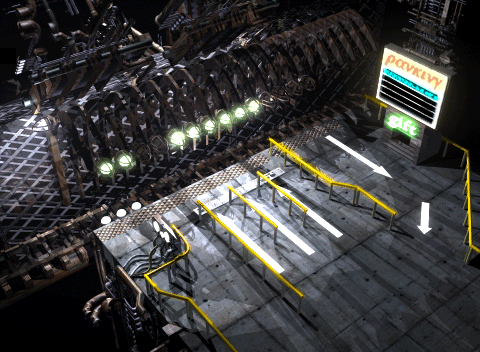
The Greek letters are on the board at the top of the booth. The English word 'gift' is in green, but above it on what looks like a leaderboard are present the Greek letters 'ρανκινγ'. When transliterated into the English alphabet this is revealed to be just the English word 'Ranking'.
The word itself is rather fitting for a leaderboard, but why they have used Greek letters here is an absolute mystery to me. It seems so strange that they didn't either use Japanese characters or English.
Has anyone ever noticed this before? It probably has no bearing on anything whatsoever, but I just find it quite cool that there is so much to learn about this game over twenty years after its release.
At the Gold Saucer in the Speed Square (the trippy, shooty roller-coaster ride), there are Greek alphabetic letters visible on what I presume is the leaderboard.

The Greek letters are on the board at the top of the booth. The English word 'gift' is in green, but above it on what looks like a leaderboard are present the Greek letters 'ρανκινγ'. When transliterated into the English alphabet this is revealed to be just the English word 'Ranking'.
The word itself is rather fitting for a leaderboard, but why they have used Greek letters here is an absolute mystery to me. It seems so strange that they didn't either use Japanese characters or English.
Has anyone ever noticed this before? It probably has no bearing on anything whatsoever, but I just find it quite cool that there is so much to learn about this game over twenty years after its release.


